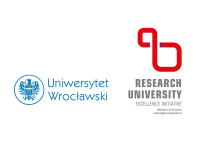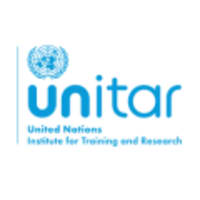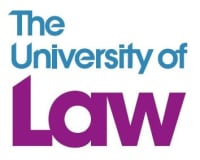Browse thousands of law degrees from around the world.
What do you want to study?
Where do you want to study?
Start your education journey here
Discover
Browse thousands of degrees from around the world
Compare
See programs side by side to find the right one for you
Connect
Contact the schools' admissions offices directly
Skip all disciplines
Discover programs by discipline
Legal Studies
Business Law Studies
International Law Studies
Administrative Law Studies
Jurisprudence
National Law Studies
Economic Law Studies
Human Rights Law Studies
Dispute Resolution Studies
Civil Law Studies
























